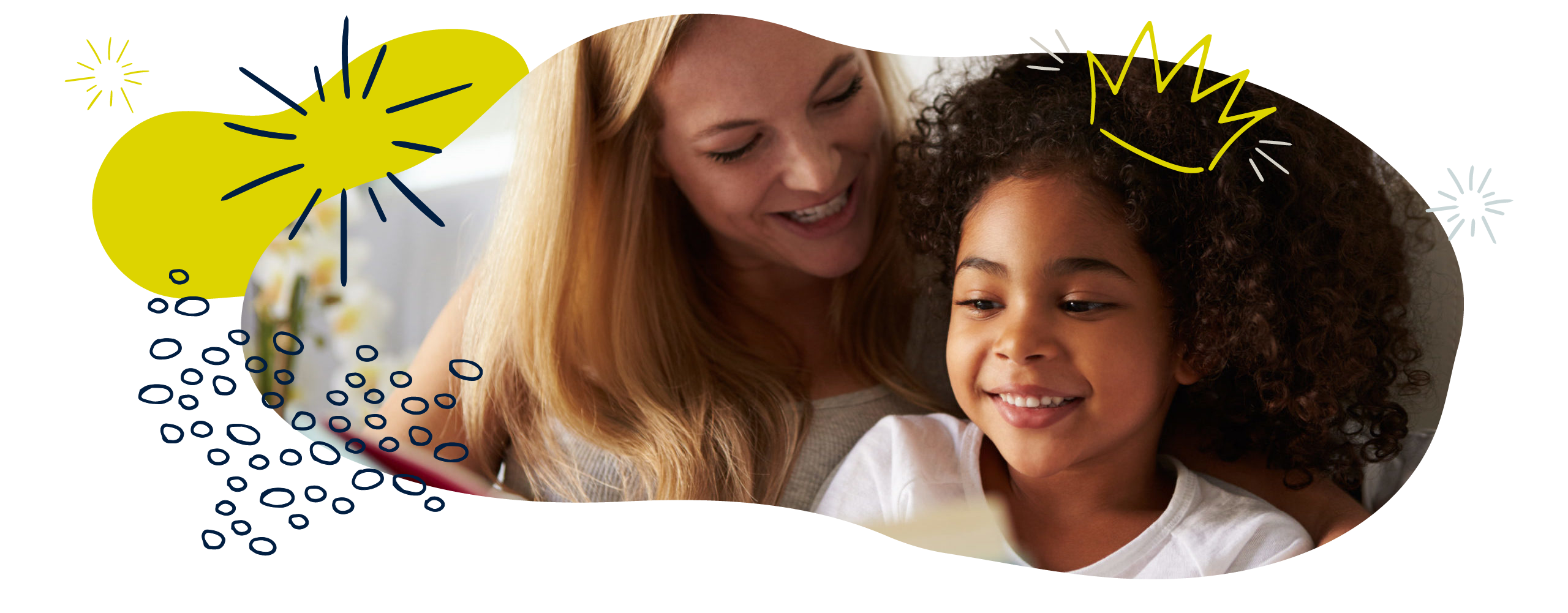How to support your child through KS2 SATs
If you are a parent of a child in Year 6 in an English primary school, you’ll probably be very aware of the SATs tests.
For one week in May, Year 6 children will be tested on their reading, mathematics, and grammar, punctuation and spelling. They’ll also have their writing assessed.
At the end of the year, every child will receive a scaled score between 80 and 120 for each subject. A scaled score of 100 represents the ‘expected standard’ for a Year 6 child.
To find out more, the Department for Education has produced an information leaflet for parents all about the national tests. You can also find out more about the content of the tests on Oxford Owl.
Here is our advice on helping your child to do their very best in the KS2 national tests, and how these assessments can be approached so they’re the most positive experience they can be for everyone involved.
How can I help?
1. Focus your efforts
Talk to your child to try and find out the areas of the curriculum where they feel confident and where they might need some extra support. If you haven’t already, you might also want to talk to their class teacher about your child’s progress and how they think you could best support them. It makes sense for the child, parent and school to be working together towards the same aims.
2. Help your child to focus on the tricky bits
It can be very tempting for children to spend time on the topics they enjoy and are already good at. For many children, just re-reading notes isn’t the best way to prepare for the SATs. The best way to learn and prepare involves writing or doing something. This might be making notes, answering questions or explaining an idea to someone else.
3. Acknowledge the progress they’ve made
During the assessment week, aim to spend some time the weekend before thinking about all the things children can now do that they couldn’t do before Year 6. This can provide a really useful confidence boost, as it shows children how far they’ve come and reminds them that with hard work they can improve and learn new things – the key message we want them to take with them to secondary school.
3. Don’t break from routine
It will help if the actual test week is as normal as possible. Don’t rearrange things: if children have piano lessons, or stay for after-school football club or spend an evening with Grandma, these things should still happen if possible. It helps to stop the week becoming a big thing, rather than just a few quick tests to show what your child can do.
4. Keeping healthy
Encourage children to eat well, drink plenty of water, get some exercise each day, and go to bed nice and early. We want children to feel their best for what might well be a busy week.
5. Don’t dwell on the tests
Once the tests are finished, they’re finished, and worrying about them won’t change the result. Hopefully they’ve gone brilliantly, but there are lots of reasons why sometimes a test doesn’t go as well as we’d hoped, but what matters is having learnt the skills within maths or English, rather than what happened in the test.
6. Celebrate
Once the tests are over, it’s good to celebrate with a treat. It can be helpful to reward the hard work and preparation that has gone into the tests, rather than rewarding the results. What we want is to show children that we value the effort they put into their learning.
